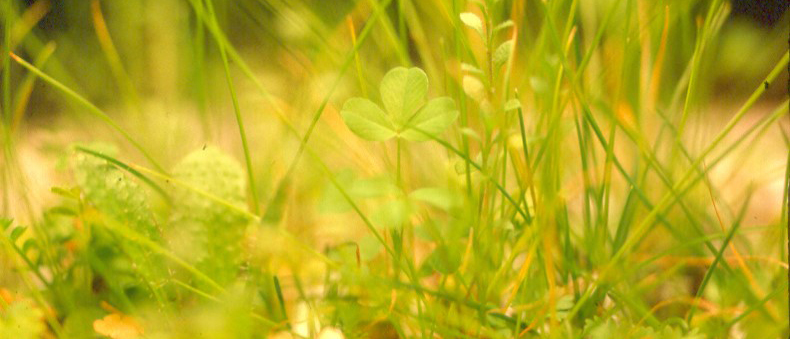CGL2007-63382.
MEC, 01/2007-12/2011.
Extensive Mediterranean grassland ecosystems play a major role in biodiversity conservation. They also supply fundamental environmental services for human welfare. However, they are now undergoing a simultaneous process of intensification and abandonment, and are also affected by climate change, which can compromise their resilience and ability to provide these services.
The core objectives of this project were to define the processes that permit the species’ coexistence and ascertain the environmental and biotic filters that explain the composition of the grassland communities and their response to two of the major driving forces of global change: changing land uses and climate change. To do so, we used observational data along climate, livestock grazing and productivity gradients. We assessed the response of functional and phylogenetic diversity in herbaceous plant and ant communities, and their effects on several environment-based services: soil fertility and stability, and palatability of grass species.
The main study area consisted of grasslands in the centre of the Iberian Peninsula along an altitudinal gradient in the Sierra de Guadarrama (600-2400m asl). We also conducted controlled experiments to test hypotheses about the role of community-level phylogenetic and functional diversity and certain functional traits in their response to major environmental filters. Finally, new methodological tools were developed to study functional diversity patterns in communities. These tools were released to the scientific community in the form of open source code in the R language. The project was conducted in collaboration with other national and international research groups.

